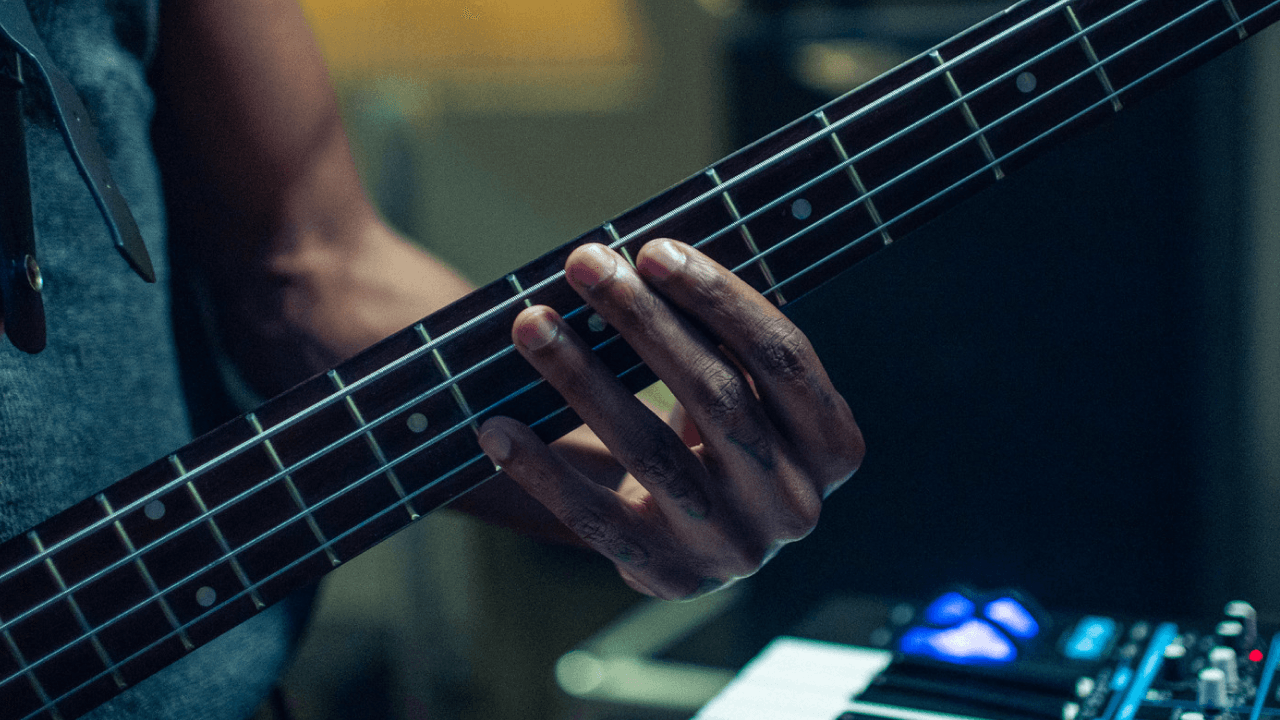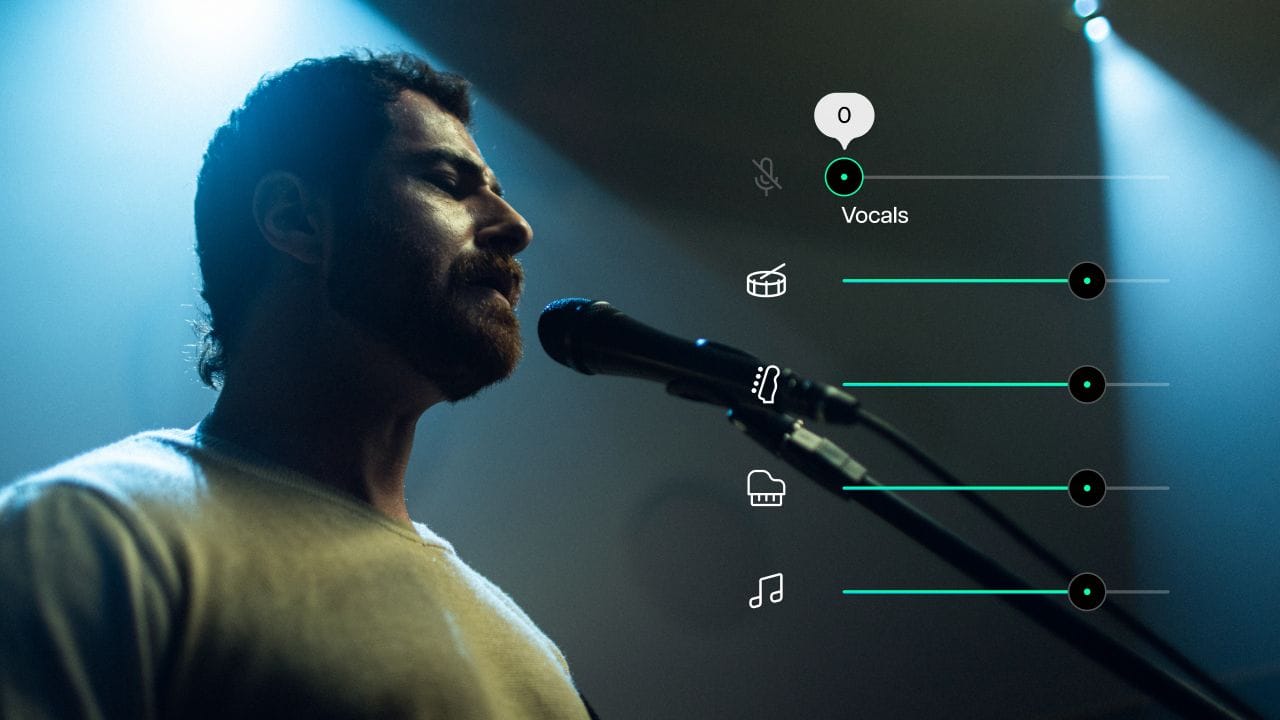Many musicians and instrumentalists know the advantageous traits of playing an instrument go far beyond the walls of the music room. Think you know all of the benefits of playing an instrument? There are a few below that might surprise you! So in no particular order, here they are.
Physical Benefits of Playing an Instrument
1. Benefits your brain
There have been many studies about what happens when we as humans listen to music and how it lights up our brain (neurons firing, many parts of the brain lighting up to indicate they’re being used). Beyond that, studies have shown that playing an instrument is the brain's equivalent of a full body workout.
We use many different areas and regions of our brain to process, understand, and then output music from our instrument. The auditory, sensory, prefrontal, motor, and visual cortexes are all in use, as well as the cerebellum, hippocampus, and amygdala. With constant use, we are strengthening these brain muscles and creating long lasting positive effects. This is one of the major benefits of playing an instrument!
2. Teaches patience and endurance
In a society where everything is instant, learning patience and endurance is becoming more of a rarity. When you’re first learning you are not going to be very good and the only thing that is going to help you get better is time and practice.
You must have patience with yourself as you begin to develop this new ability, but more than that you must also have endurance to keep going despite where you’re at right now. As you progress and begin to see your hard work pay off, you will become aware that more patience and more endurance will only serve you in bettering your capability, subsequently growing your capacity in those two skills as well!
3. Time management
Along that same vein is time management. This is another benefit of playing an instrument as an adult because you have more control over your own schedule. You and only you can set aside time in your busy life to work on this new talent. If you’re not able to manage your time well you won’t practice, and therefore you won’t get any better. However, if you are disciplined and create a habit of practice, you will also learn to do that in other areas of your life, such as exercise or creating deadlines for yourself.
4. Exercise
Speaking of exercise, did you know playing an instrument naturally leads to increased physical activity? Whether piano, guitar, or a wind instrument, you’re using your arms, shoulders, and back muscles to play and / or hold up your instrument. It also helps with your posture, which is great for building up the muscles around your spine to hold it in place.
5. Awareness
When playing an instrument you have to increase your awareness immensely. Whether playing in a live band or orchestra, you have to follow along with your fellow musicians, especially in a live band setting where you could play a song on the fly or switch up the arrangement. It is not enough to just know how to play your instrument, you have to be able to be aware of your surroundings and team members.
6. Mathematics
One of the unknown benefits of playing an instrument is pattern recognition, which is math itself. Beyond that is learning how music is divided into equal measures and beats and how beats are broken up, all this helps improve your math skills.
- See also: 5 Famous Musicians Who Studied Music
7. Listening
As mentioned in the brain benefits section, one of the physical skills you learn is to hone in on your listening. You have to listen to your own instrument and the sound you’re creating, making sure you’re in tune and on time, but you also have to listen to those around you if you’re playing with other musicians or singers. Paying close attention to their ques, their timing, and making sure you’re able to play as one cohesive unit rather than individuals. This all comes down to being a good listener!
Emotional Benefits of Playing an Instrument
8. Reduces stress
Music acts as a therapy, that is why musical therapy has become a widely known method of use for things like depression, alzheimers, autism, and much more. When playing an instrument, music allows us to get out tough emotions when we don’t quite have the right words. Because we’re also putting our energy into something else, we’re getting outside of our own thoughts and can reduce blood pressure, heart rate, and stress related hormones.
9. Self expression
Playing an instrument is a beautiful way to express our truest selves. We can pour our heart and soul into creating a melody, playing a new genre, or just adding our own flare to an already finished masterpiece. Instrumentation allows us to be fully creative and unique, showcasing our authentic selves and creating confidence.
10. Confidence
One of the wonderful benefits of playing an instrument is that confidence comes in many forms. Not only through self expression and becoming more in tune with who we really are, but it also gives us a sense of accomplishment and achievement. Whenever a new song is learned, a technique is mastered, a previously impossible part to play now becomes manageable and even easy, we achieve goals and gain small victories. All of these things culminate in a growing sense of confidence in ourselves and our abilities.

11. Extra: Benefits of Playing an Instrument for Kids
Not only are there many advantages for playing as an adult, but all of these can be applied to the benefits of playing an instrument as a child as well!
Patience, endurance, time management, math, and awareness, etc, all of these rewards are compiled on top of other benefits from learning to play as a kid.
Because children adapt so well and their brains are still forming, it is generally much easier for them to learn at a younger age than it is for adults. As kids they’re still developing their brain, bodies, and characteristics, so when you add playing an instrument into that development, it can actually improve their growth.
Instrumentation builds their motor skills, therefore enhancing coordination. It helps with sensory development, as they have to listen to what sounds they’re creating and listening to their teachers. It also accelerates brain development, their memory, their problem solving, along with all the brain benefits listed earlier, it can really set them up for success later in life.
So what do you think? Is it time to start learning an instrument? Let us know in the comments below if you or someone you know has any other added benefits from learning to play an instrument!








